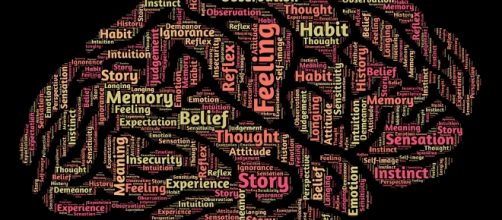Deep-Brain Stimulation, or DBS, is an experimental therapy where neurosurgeons insert wires deep within the brain. These wires, called neurostimulators, attach via an extension wire to an electronic machine that sends pulses that act as a literal pacemaker for the brain.
Unfortunately for most people, this surgical treatment option is not available due to the Risk Of Infection and the procedure itself being a potential hazard. Luckily, with a new breakthrough, it may become more widely available to all patients.
Long, lasting relief
Deep-Brain Stimulation has been proven to provide long-term relief from severe depression, providing rapid and lasting relief that lasted more than four years during studies on patients in a test pool.
For patients with Parkinson's who had no alternatives to help control tremors, DBS has had positive effects. Parkinson's is a progressive disease that causes uncontrollable tremors by affecting neurons within the brain. Until recently, there were few treatments available. However, DBS has shown to have great effects when used in Parkinson's therapy. Although results can take several months to show significant effects, Parkinson's Disease patients have seen an overall decrease in tremors and other PD related symptoms.
Taking back patients memory
Deep-Brain Stimulation has not just provided relief to patients with Parkinson's and severe depression. It has also shown great promise in treating patients with Alzheimer's.
A man named Don Talbott went through the life-changing procedure to try to get a hold on the disease that affects over 44 million people worldwide. When interviewed by Dr. Constantine Lyketsos at Johns Hopkins Memory and Alzheimer's Treatment Center, Talbott's wife commented on the great effects the procedure has had on her husband.
"Two weeks after surgery, they have to go in and test all the leads. He was remembering people that used to live on a street when he was a little kid, he could tell you their names. This is a man who couldn't remember my name at the time."
Is Temporal Interference the next step in neurological procedure?
Recently, there have been reports of a new procedure in the making called Temporal Interference.
Temporal Interference is a breakthrough in DBS because it is safer than the brain surgery procedure and is noninvasive. DBS requires implanting electrodes into the deepest parts of the brain while TI uses electrodes on the scalp.
Many scientists are saying that this could be the next step in developing cures for neurological issues without the risk of infection or stimulating the wrong part of the brain. Science shows that TI can target specific areas of the brain just like the dangerous surgical procedure, only without the risks.
As we move forward, the study of Deep-Brain Stimulation and Temporal Interference will hopefully benefit people with neurological disorders that were previously untreatable. With the breakthrough in Temporal Interference, it makes brain stimulation a more widely available procedure than the traditional methods of DBS.


